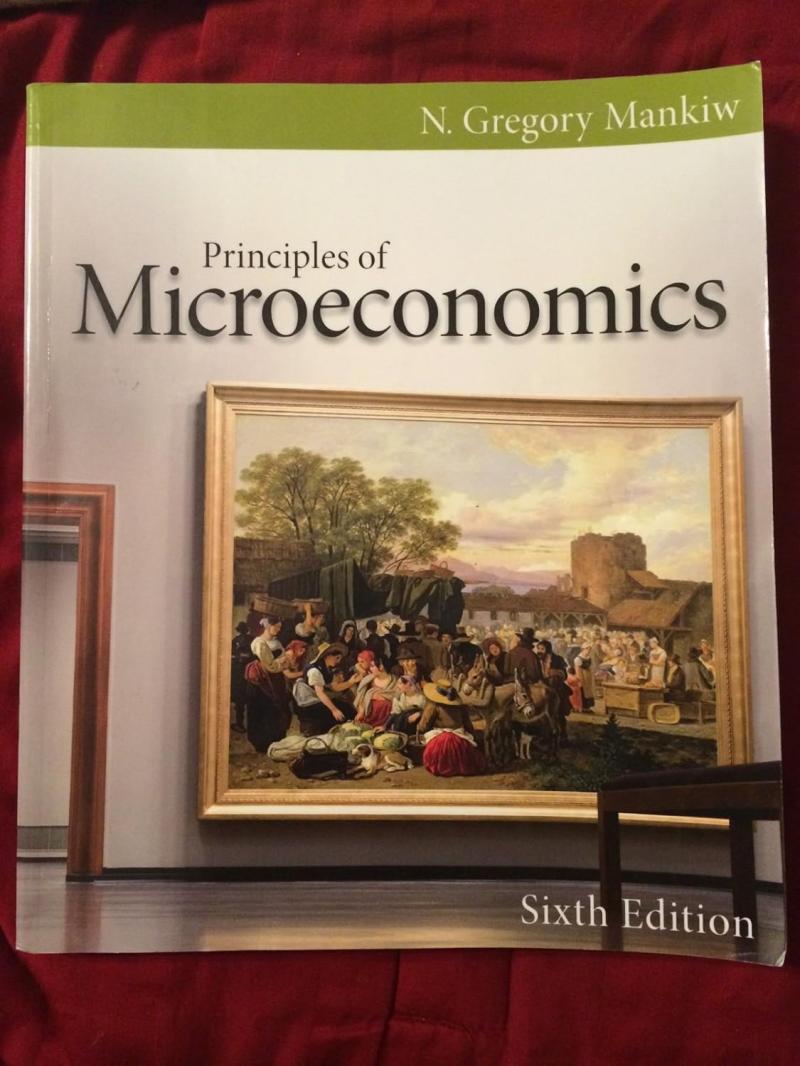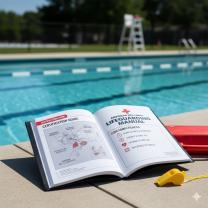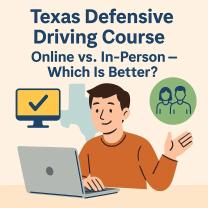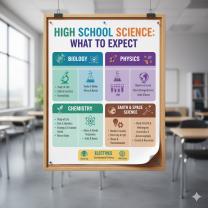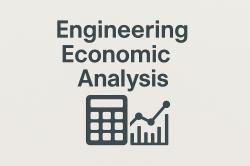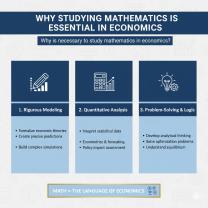What are some of the best books on microeconomics?
Here’s a curated list of some of the best books on microeconomics—ranging from beginner-friendly introductions to more advanced, technical texts:
Beginner & Student-Friendly Textbooks
“Principles of Microeconomics” by N. Gregory Mankiw
One of the most widely used introductory texts.
Clear explanations with real-world examples.
“Microeconomics” by Paul Krugman & Robin Wells
Accessible writing style, lots of applied examples.
Good for self-learners and students alike.
“Microeconomics Made Simple” by Austin Frakt & Mike Piper
Concise and beginner-friendly.
Focuses on core concepts without overwhelming math.
Intermediate & Applied Microeconomics
“Intermediate Microeconomics: A Modern Approach” by Hal R. Varian
Standard for many economics majors.
Balances theory with practical applications.
“Microeconomics” by David Besanko & Ronald Braeutigam
Strong coverage of business and managerial applications.
Useful for MBA students or applied economics learners.
“Price Theory and Applications” by Steven Landsburg
Explains microeconomic concepts with intuitive and sometimes unconventional examples.
Advanced & Theoretical Microeconomics
“Microeconomic Theory” by Andreu Mas-Colell, Michael D. Whinston & Jerry R. Green (often called MWG)
The go-to graduate-level text.
Very mathematical, rigorous, and comprehensive.
“Advanced Microeconomic Theory” by Geoffrey A. Jehle & Philip J. Reny
Another graduate-level book, slightly more approachable than MWG.
Popular & Accessible Reads (Less Technical)
“The Armchair Economist” by Steven Landsburg
Uses everyday examples to explain economic thinking.
“Freakonomics” by Steven D. Levitt & Stephen J. Dubner
Not a textbook, but excellent for seeing microeconomic logic applied to real-world puzzles.
Recommendation by level:
Beginner: Mankiw or Krugman & Wells.
Intermediate: Varian or Besanko & Braeutigam.
Advanced: Mas-Colell (MWG) or Jehle & Reny.
Casual reader: Landsburg or Freakonomics.
Would you like me to also make a comparison table (beginner vs. intermediate vs. advanced vs. popular) to help learners choose the right book based on their goals?
A solid foundation in microeconomics is essential for understanding how individual actors, like consumers and firms, make decisions and interact in markets. The books below are categorized to help you find the best fit for your learning goals, whether you are a student, a curious beginner, or a seasoned professional looking to deepen your understanding.
1. Introductory Books and Textbooks for College Students
For beginners and college students, the goal is to find a book that explains fundamental concepts clearly without overwhelming jargon.
N. Gregory Mankiw's Principles of Microeconomics is a widely used and respected textbook for introductory courses. Its short chapters and accessible writing style make it a great starting point for both students and laypeople.
Principles of Microeconomics by OpenStax is another popular choice, praised for its comprehensiveness and accuracy. As an "open textbook," it is often available for free online.
The Undercover Economist by Tim Harford is a highly engaging book that uses real-world examples to explain economic principles, making it an excellent bridge between popular economics and formal textbooks.
2. Books for a Deeper Understanding
For those who have a grasp of the basics and want to dive deeper, these books offer a more rigorous, often calculus-based, approach.
Hal R. Varian's Intermediate Microeconomics: A Modern Approach is a staple for intermediate-level undergraduate courses. It is known for its clear explanations and comprehensive coverage.
Walter Nicholson's Microeconomic Theory: Basic Principles and Extensions is often considered a bridge between undergraduate and graduate-level microeconomics. It provides a more advanced treatment of topics.
David M. Kreps's A Course in Microeconomic Theory is a popular choice for graduate students, noted for its "chattier" style and strong focus on game theory.
3. Books on Behavioral Economics
Behavioral economics merges insights from psychology and economics to explain why people often don't behave according to traditional economic models of rationality.
Daniel Kahneman's Thinking, Fast and Slow is a foundational work in the field. It explains how our minds use two systems of thinking—one fast and intuitive, the other slow and deliberate—to make decisions.
Nudge: Improving Decisions About Health, Wealth, and Happiness by Richard H. Thaler and Cass Sunstein introduces the concept of "nudging," or using subtle interventions to influence people's choices for their own good without restricting their freedom.
Predictably Irrational by Dan Ariely is an accessible and entertaining look at the systematic and predictable ways in which humans act irrationally.
4. Engaging "Rogue" Economics Books
Similar to Freakonomics, these books use an unconventional approach to apply economic thinking to everyday life, making complex concepts fun and accessible.
Freakonomics and its sequel, SuperFreakonomics, by Steven D. Levitt and Stephen J. Dubner, are the prime examples of this genre. They explore hidden connections between seemingly unrelated phenomena using economic analysis.
The Undercover Economist by Tim Harford uses everyday scenarios, from coffee shop pricing to traffic congestion, to demystify economic principles.
Malcolm Gladwell's books, such as Outliers and The Tipping Point, while not strictly economics, apply a similar sociological lens to understanding success and social trends.
This video provides an overview of popular economics books, including several that cover microeconomics and behavioral economics.
Popular Economics Books Tier List - YouTube
